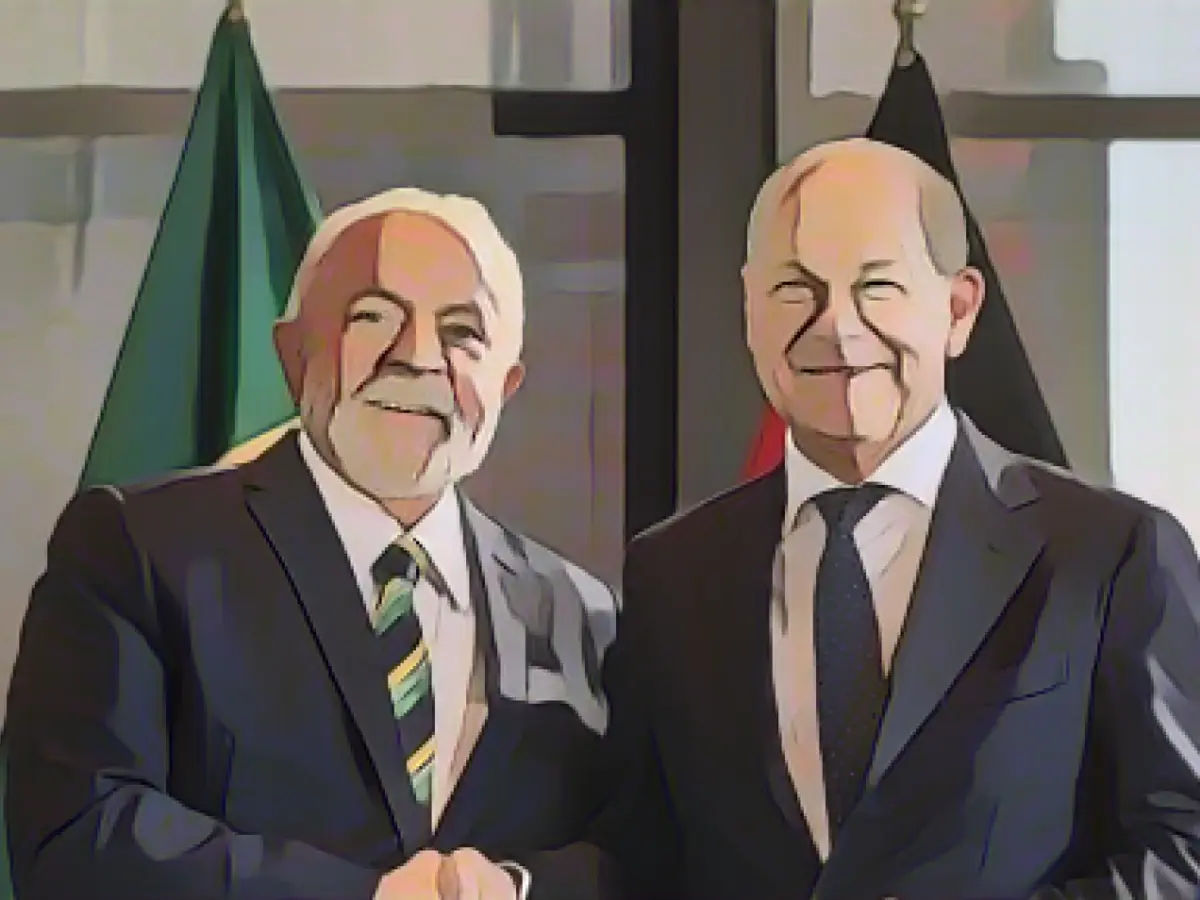German businesses are pushing for a swift conclusion of the EU-Mercosur free trade agreement, voiced by Ingo Kramer, Chair of the Latin America Initiative of German Business (LAI)[1]. With chancellor Olaf Scholz of the SPD party and Brazilian president Luiz Inácio Lula da Silva set to meet at the German-Brazilian Economic Forum, negotiations on this long-standing deal are highly anticipated[1].
German industry sees the EU-Mercosur agreement as crucial for securing new market opportunities, diversifying supply chains, and procuring essential raw materials[2]. For over a century, German businesses have maintained a presence in the Mercosur nations, totaling around 12,500 exporting companies[1].
However, the agreement has faced challenges, including concerns regarding rainforest protection and environmental sustainability commitments[4]. The European Commission aims to strengthen these aspects by addressing controversial unilateral policies, such as the Carbon Border Adjustment Mechanism (CBAM) and the EU Deforestation Regulation (EUDR)[4].
The finalization of the agreement is nevertheless uncertain, as it must pass through the approval process in the European Parliament, with opposing viewpoints potentially complicating the matter[2]. Despite this, German businesses stand eager for the deal's potential benefits, such as reduced tariffs, simplified customs procedures, and enhanced access to raw materials[2].








